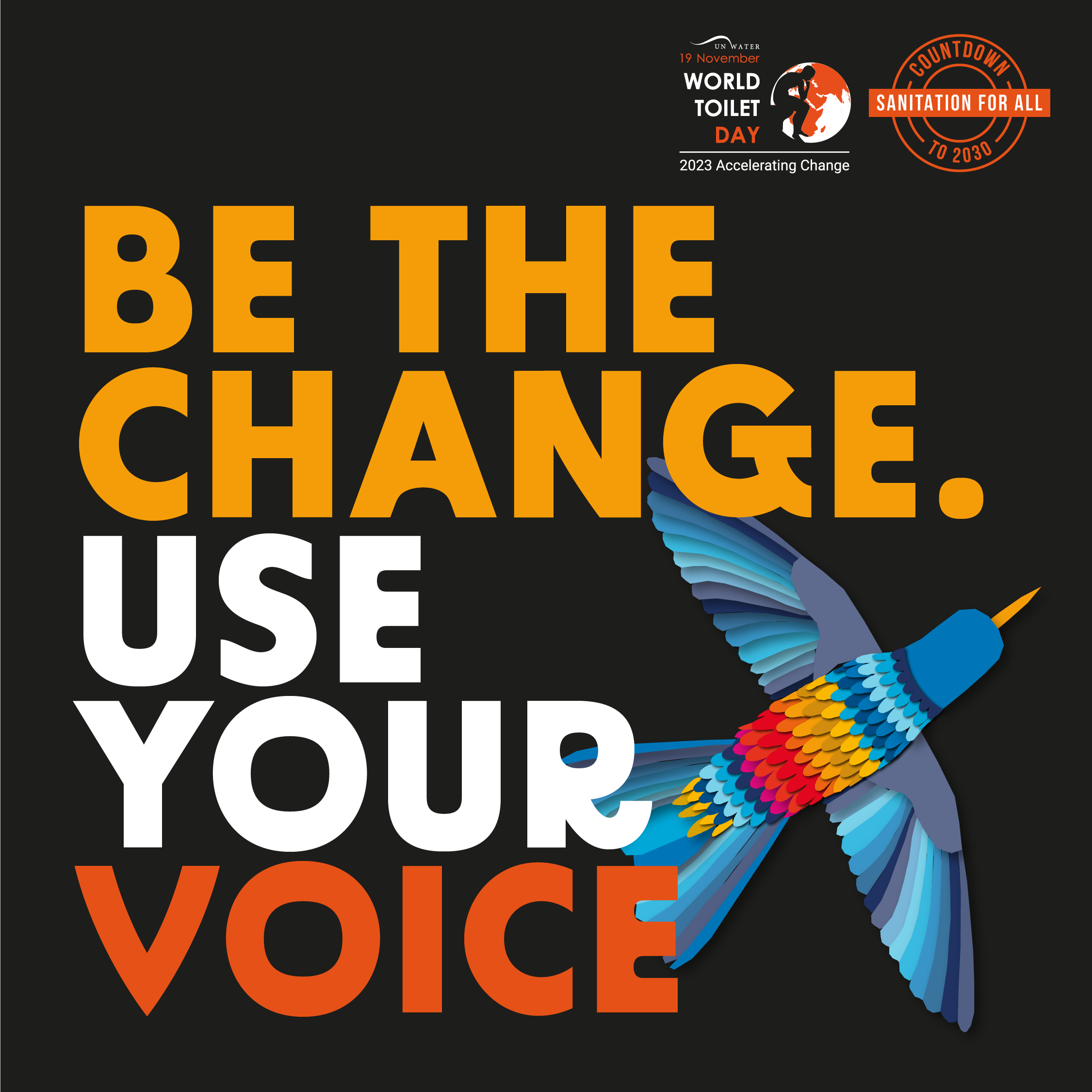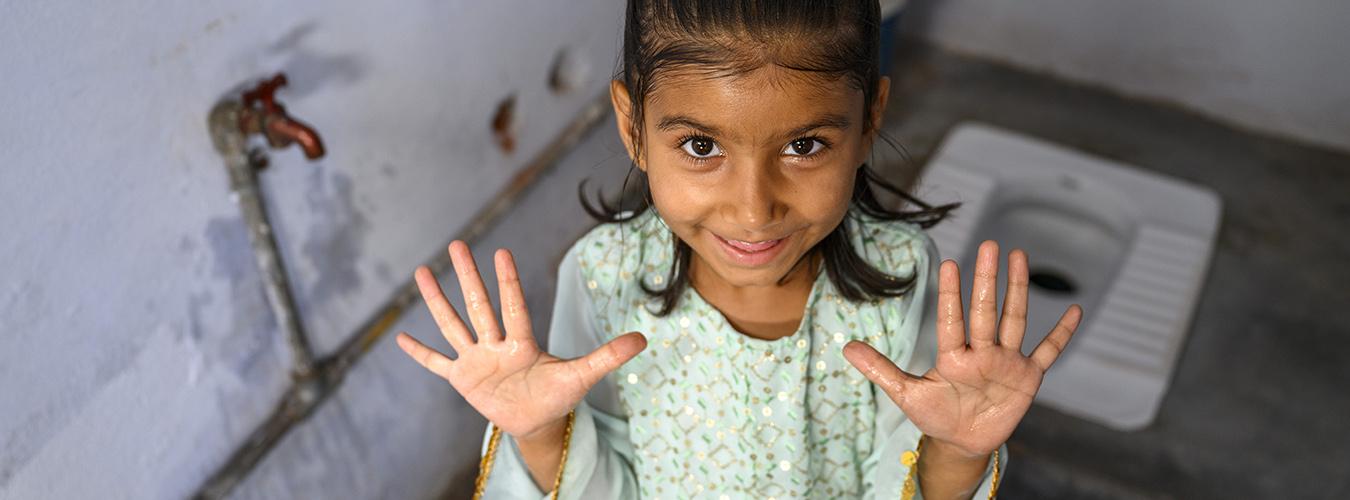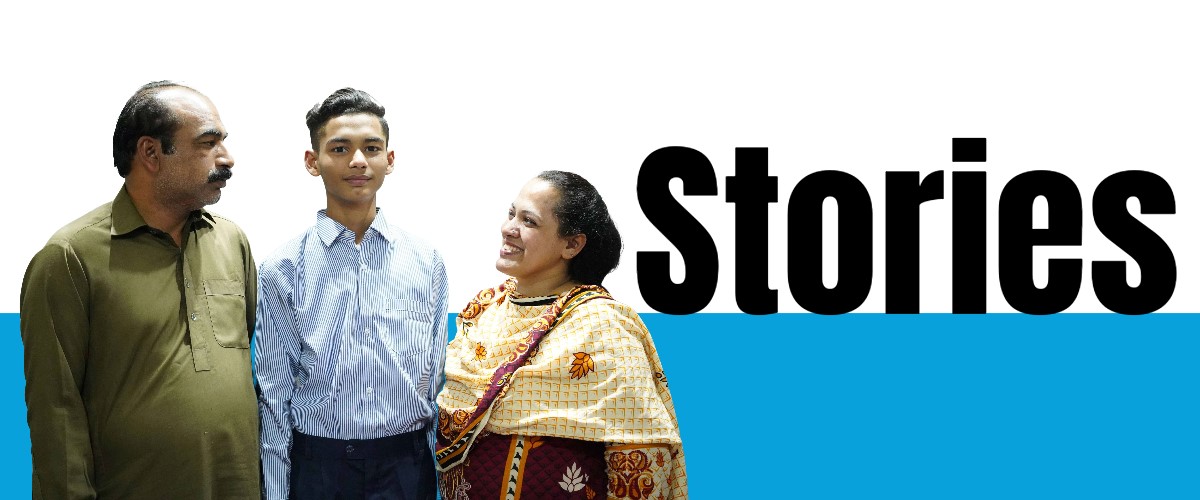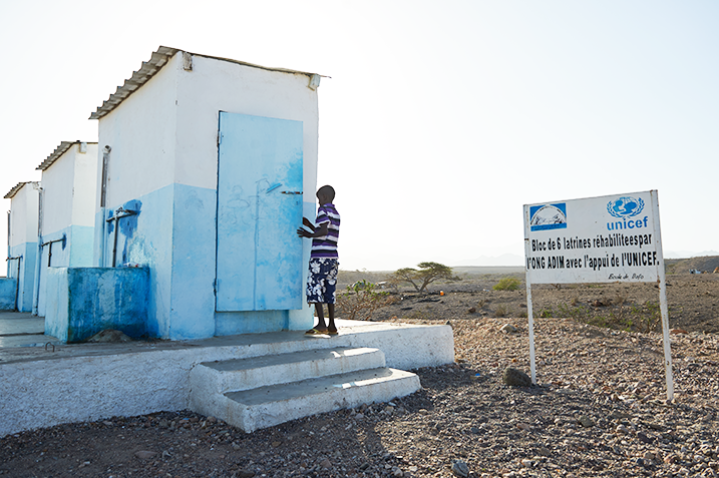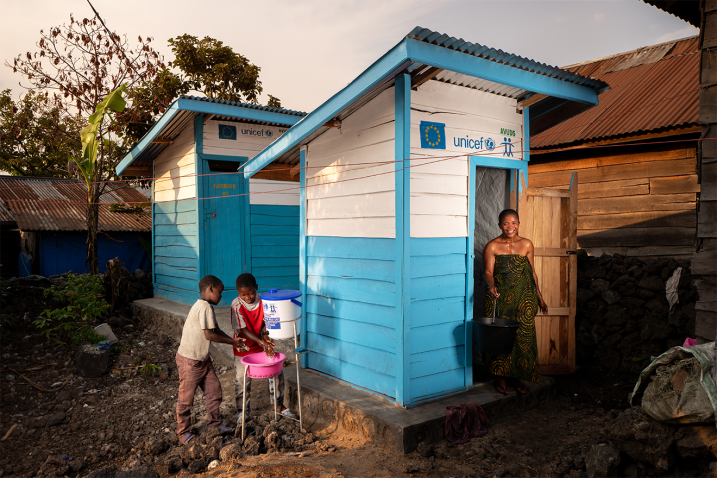Accelerating Change
The hummingbird is the symbol of World Toilet Day and World Water Day 2023
In the ancient story, a hummingbird does what she can to fight a great fire – carrying droplets of water in her beak. Her actions – even though small – are helping solve a big problem.
This year’s theme is ‘Accelerating Change’, using the hummingbird to inspire people to take personal action to help improve toilets and sanitation systems.
Right now, we are seriously off track to meet Sustainable Development Goal 6: safe toilets and water for all by 2030.
Governments and institutions must be accountable for delivering on their promises. And every one of us must do what we can to help speed up progress.
A toilet is small but mighty – just like a hummingbird!
Toilets are a foundation stone of public health and play a critical role in protecting the environment.
To leave so many people behind without safe toilets puts in jeopardy the entire 2030 Agenda, with the poorest people, particularly women and girls, paying the highest price in terms of poor health, missed education, loss of productivity and general insecurity.
The World Toilet Day 2023 campaign asks people to ‘be like a hummingbird’ – to take simple actions to help accelerate change. What can you do?

Be like a hummingbird this World Toilet Day!
Visit the World Toilet Day website to choose what action to take. Use our activation kit to spread the word, make an origami hummingbird nest as part of a global art movement, or take simple sanitation actions, such as flushing your toilet less, fixing leaky pipes, contacting politicians, and busting taboos.
Key messages you should know on World Toilet Day 2023
- With just seven years left, the world has to work, on average, five times faster to meet the sanitation target of SDG 6 – safe toilets and water for all by 2030 – on time.
- Sanitation and drinking water are human rights, and access to these services is critical to people’s health and the integrity of the environment.
- Over 7,000 people have already committed to take water and sanitation-related actions to help accelerate change towards SDG 6.
Did you know?
- There are 3.5 billion people living without safe toilets and 2.2 billion persons living without safe drinking water.
- 419 million people still go to the toilet in the open (‘open defecation’).
- 2 billion people - a quarter of the world's population - lack basic handwashing facilities at home to wash their hands with soap and water.
- Unsafe water, sanitation, and hygiene are responsible for the deaths of around 1,000 children under five every day. (UNICEF 2023)
- At the current rate, 3 billion people will still be living without safe toilets, 2 billion will be without safe drinking water and 1.4 billion will lack basic hygiene facilities by 2030.
Source: WHO/UNICEF 2023
Spread the word!
Spread the message with the resources you will find on the the UN Water Trello board. You can also download all the material created in english
